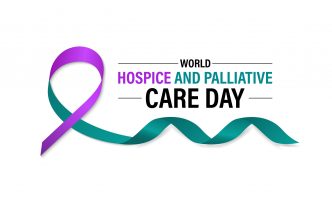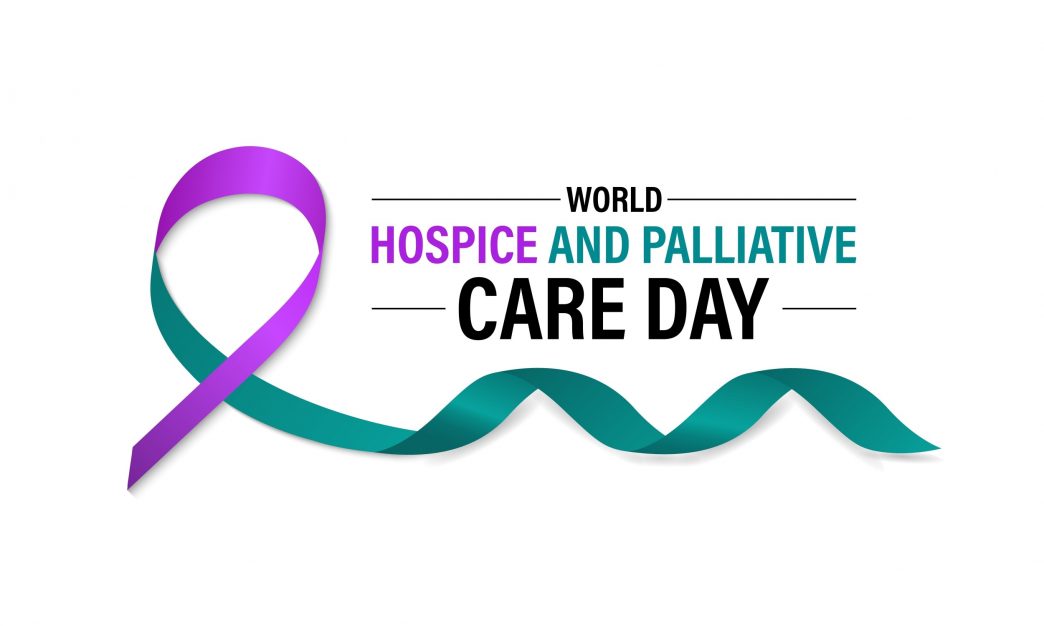WORDS LIM TECK CHOON
 FEATURED EXPERT FEATURED EXPERTDR HAYATI YAAKUB Consultant General Physician Sunway Medical Centre |
Palliative care is often misunderstood. Many think it’s only for those nearing the end of life, but that couldn’t be further from the truth.
“Palliative care isn’t just about managing physical pain,” Dr Hayati Yaakub explains. “It provides emotional and psychological support to both patients and their families throughout their entire journey.”
THE DIFFERENCE BETWEEN HOSPICE CARE AND PALLIATIVE CARE
- Dr Hayati clarifies that hospice care is a part of palliative care but is only for patients when treatment is no longer aimed to cure. It focuses on managing symptoms during the remaining phase of life.
- Palliative care focuses on improving the quality of life for patients and their loved ones throughout the entire journey.
- Unlike traditional medical care, palliative care mainly focuses on treating the disease holistically and being patient-centred, ensuring comfort in every aspect of the patient’s and family’s experiences.
- “In a world where only 14% of people globally receive the palliative care they need, this underscores the importance of expanding the support, especially as Malaysia’s ageing population continues to grow,” says Dr Hayati.
Dr Hayati recalls how, one month after her patient passed away, a family member returned to her for emotional support. “He had fallen into depression,” she shares, “and his inability to manage the emotional strain was affecting his work and overall well-being.”
The story highlights a crucial, often overlooked aspect of palliative care—it extends beyond the patient’s passing.
PALLIATIVE CARE EXPLAINED IN MORE DETAIL
- The word “pallative” is derived from the Latin word ‘pallium’, which means ‘cloak’.
- Palliative care focuses on ‘cloaking’ or relieving the suffering of those with life-threatening illnesses and improving their quality of life.
- Palliative care can be introduced at any stage of a serious illness, working alongside ongoing treatment to improve the patient’s quality of life by managing symptoms and providing comprehensive support.
- Beginning from the patient’s diagnosis and continuing through the patient’s treatment, the palliative care physician will work alongside other specialists such as oncologists and cardiologists to offer both physical and emotional support to the patient and their families.
THE PALLIATIVE CARE SYSTEM IN MALAYSIA
According to Dr Hayati, the palliative care in Malaysia can be categorized into:
- Hospital-based hospices
- Community-based hospices, primarily run by non-governmental organizations (NGOs)
While both categories are tended by healthcare professionals, community-based hospices are especially beneficial for patients who prefer not to remain in a hospital.
WHO SHOULD CONSIDER GETTING PALLIATIVE CARE?
Among those that would benefit from palliative are people that are suffering from chronic diseases such as cardiovascular diseases, cancer, chronic respiratory diseases, AIDS, and diabetes.
Dr Hayati explains: “With these diseases, patients may struggle with symptoms like shortness of breath or pain. Palliative care can help alleviate the symptoms and manage the comorbidities associated with the disease.”
“In cases of cancer, it assists patients in managing the side effects of chemotherapy or radiation such as nausea or vomiting, allowing them to live as fully as possible,” she adds.
By integrating palliative care into the overall healthcare plan, patients can continue to receive treatment for their illness while also benefiting from the additional support provided through palliative care.
MORE THAN JUST TREATMENT
Dr Hayati further reveals that palliative care can offer emotional and spiritual support for patients’ families and caregivers in navigating the challenges of their loved one’s illness.
“Beyond emotional care, they can also rely on palliative care providers for practical assistance such as patient care education, caregiver support and education, access to necessary equipment, and spiritual guidance,” she explains.
“This ensures that they are not alone throughout the entire process, even after the patient passes away. By offering consistent, compassionate and clear communication, palliative providers build trust and provide stable support systems for families and caregivers.”
PALLIATIVE CARE IS NOT AN ACT OF GIVING UP; IT IS A COMPASSIONATE APPROACH
Dr Hayati assures us that palliative care should not be seen as a sign of giving up.
“Rather, it should be viewed as a compassionate approach that empowers patients and their families to live as actively as possible throughout the healthcare journey,” she states.













